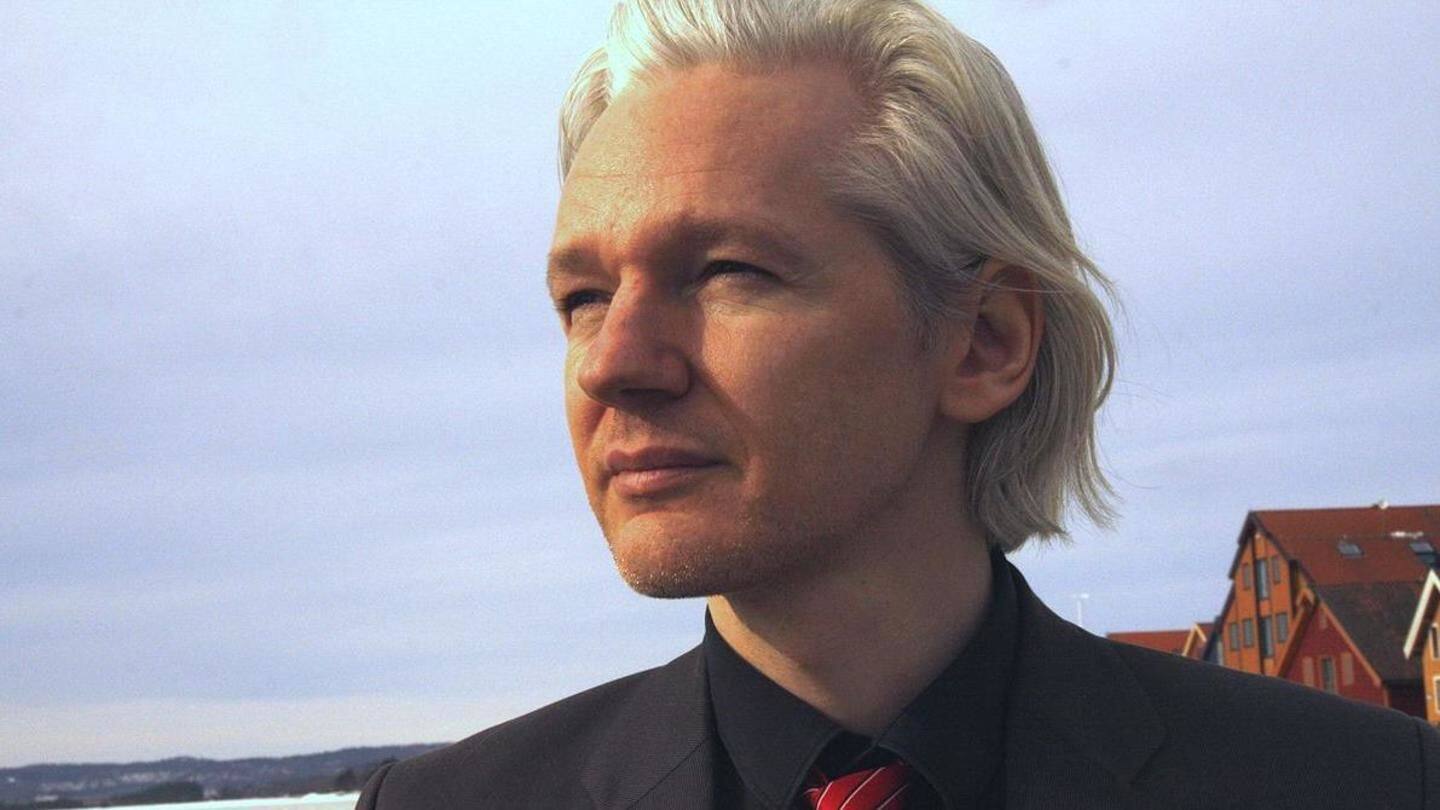
Ecuador blocks Julian Assange's internet access after he 'breaks promise'
What's the story
WikiLeaks founder Julian Assange can no longer communicate with the outside world. Ecuador, which has been providing Assange temporary asylum in its London embassy since 2012, cut down his internet access on Wednesday after he broke his 2017 pact of not interfering in global politics. Ecuador also threatened Assange with other, unspecified measures if he continued flouting agreements, reported AFP. Read on for more.
Reasons
What forced the Ecuadorian government to do it?
According to the Ecuadorian government, despite promising "to not send messages that could be seen as interference in relations with other countries", Assange had lately been sending out inflammatory tweets. On Monday, he challenged Britain's stand on the Salisbury nerve agent attack of March 4 and questioned its expelling Russian diplomats. On Tuesday, he attacked former Catalan president Carles Puigdemont's arrest in Germany.
Reaction
Assange risking our good relations with Britain, EU: Ecuador
Alan Duncan, a British Foreign Office minister called the 46-year-old whistleblower a "miserable little worm", who he said should leave Ecuador's embassy and hand himself over to the United Kingdom. Ecuador, meanwhile, released a statement saying Assange's "behavior, with his messages on social networks, puts at risk our good relations with Britain and the European Union".
Details
It's the second time Ecuador has blocked Assange's internet access
However, this isn't the first time that Ecuador has restricted Assange's internet access. In 2016, it was briefly suspended after he uploaded documents that could have allegedly impacted the US presidential election. Assange spends most of his time in Ecuador's London embassy tweeting, contributing for Russian government TV channel RT and participating in online media conferences.